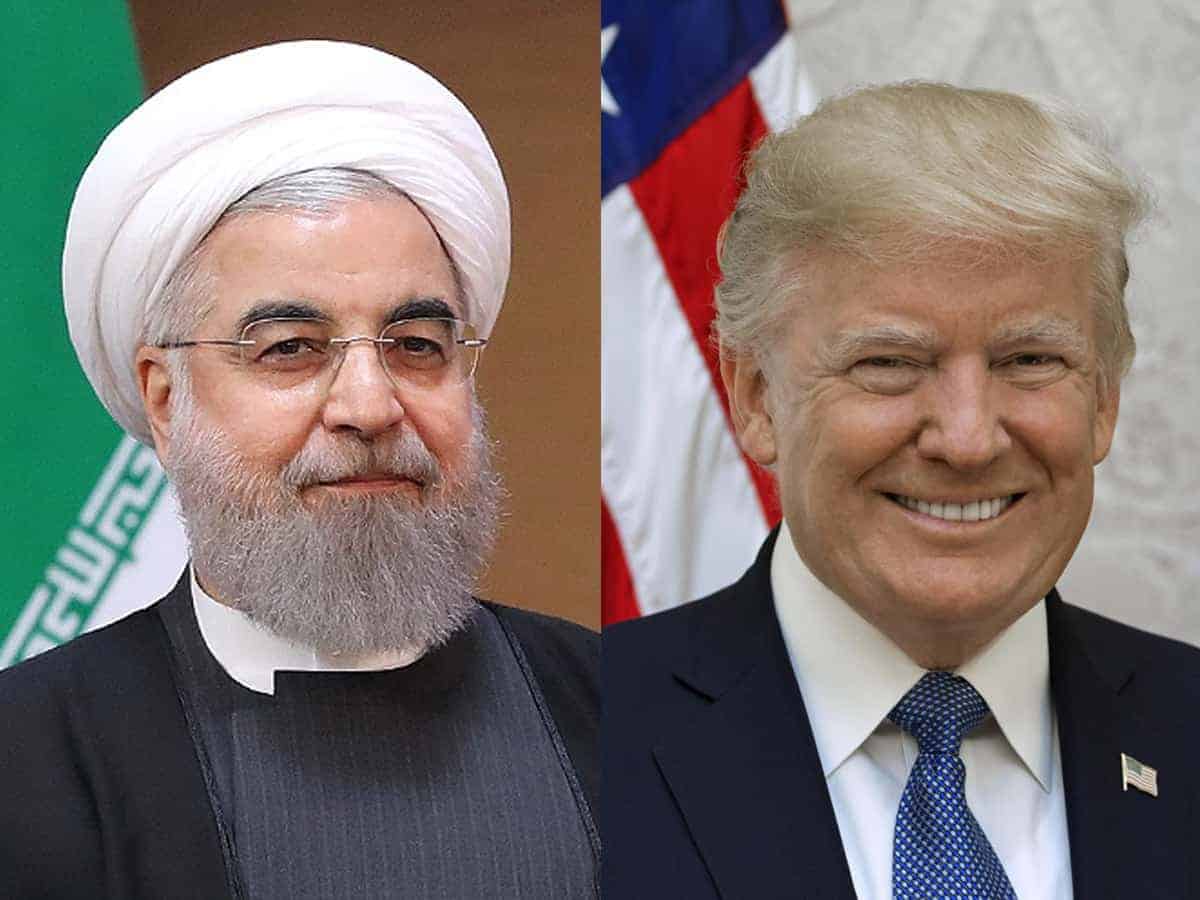
The US is experiencing a bizarre period in its political life. Two months after the presidential election, Donald Trump, the incumbent, has refused to accept defeat. He has mobilized his supporters to challenge the outcome in the courts and on the streets. He has rejected important pieces of legislation, while continuing to ignore the pandemic that is consuming American lives in record numbers. Above all, it looks like he might be preparing for war with Iran.
At the end of December, a guided-missile submarine, with 154 cruise missiles, accompanied by two cruisers, entered the waters of the Gulf. This deployment followed the earlier dispatch of B-52 bombers, the stationing of 2,000 extra soldiers and the movement of the aircraft carrier USS Nimitz to the region.
These deployments are said to be to deter possible Iranian attacks, particularly in the context of the anniversary of the assassination of Qassem Soleimani in Baghdad last year. However, there appears to be little rationale for an Iran-initiated conflict, given the impending Joe Biden presidency and the prospect of the US rejoining the nuclear agreement and easing sanctions. Iranian Foreign Minister Javad Zarif tweeted that these military movements are a “plot to fabricate pretext for war” and affirmed his country was ready to defend itself.
This brinkmanship has been reflected in Iran too. On December 1, following the killing of a leading nuclear scientist, allegedly by Israel, its parliament passed an act calling for the suspension of UN inspections of its nuclear facilities and a further increase in its enrichment of uranium if sanctions relief was not in place by early February. On Dec. 30, the government informed the International Atomic Energy Agency that it would enrich uranium up to 20 percent at its Fordow nuclear facility. These threats could be viewed by the US and Israel as sufficient provocation to launch military attacks.
The tempo of fresh US sanctions has never abated. Today, almost every aspect of Iran’s political and economic life is subject to some constraint or other. The latest sanctions cover specific Iranian officials, a charitable foundation linked to the supreme leader, and Chinese companies facilitating Iran’s exports of petrochemicals.
The sanctions, combined with the ravages of the pandemic, have hit Iran very hard. The country’s economy, in its third year of recession, will contract by 5.3 percent this year, meaning it will be just 80 percent of its 2017 level. Since January 2018, its currency has depreciated by nearly 450 percent against the dollar, making it difficult for the country to import much-needed items like food, animal feed, raw and bulk medicines, electrical and electronics equipment, and industrial machinery.
In the face of Trump’s “maximum pressure” campaign, Iran’s officials speak of their economic resilience. According to a Wall Street Journal report, the country has set up about 1,000 small and medium-sized enterprises that employ several thousand people. Iran is also said to be slowly evading oil sanctions by attracting buyers with substantial discounts.
Given Trump’s approach to Iran during his presidency, observers fear that he would welcome conflict. Even assuming that war is prevented, there will be no cakewalk to peace and plenty for Iran. Biden has promised a reinstatement of the nuclear agreement should Iran return to compliance, but much has happened in the five years since it was concluded.
Even assuming that war is prevented, there will be no cakewalk to peace and plenty for Iran.
There are deep region-wide suspicions and animosities that need to be addressed, while Iran also has strong right-wing elements at the helm of national affairs, who adopt aggressive and uncompromising positions. Biden has promised “follow-on negotiations” to discuss other matters relating to regional security, after consultations with regional partners, but it is unclear how much domestic support he will be able to garner in his deeply polarized country.
Iran, however, seems sure that sanctions could be eased very soon: The 2020-21 budget the government has placed before parliament assumes oil sales near pre-sanctions levels of about 2.3 million barrels per day, providing revenues of $9.7 billion — a quarter of the projected budget revenues.
With a difficult transition in Washington this month and elections in Israel in March and in Iran in June, we are looking at a very turbulent, unpredictable and possibly violent period in the Middle East.
Talmiz Ahmad is an author and former Indian ambassador to Saudi Arabia, Oman and the UAE. He holds the Ram Sathe Chair for International Studies at Symbiosis International University in Pune, India.

